Jonah Sacks
Director, Architectural Acoustics Group
Studio A | Market Co-Leader
Principal
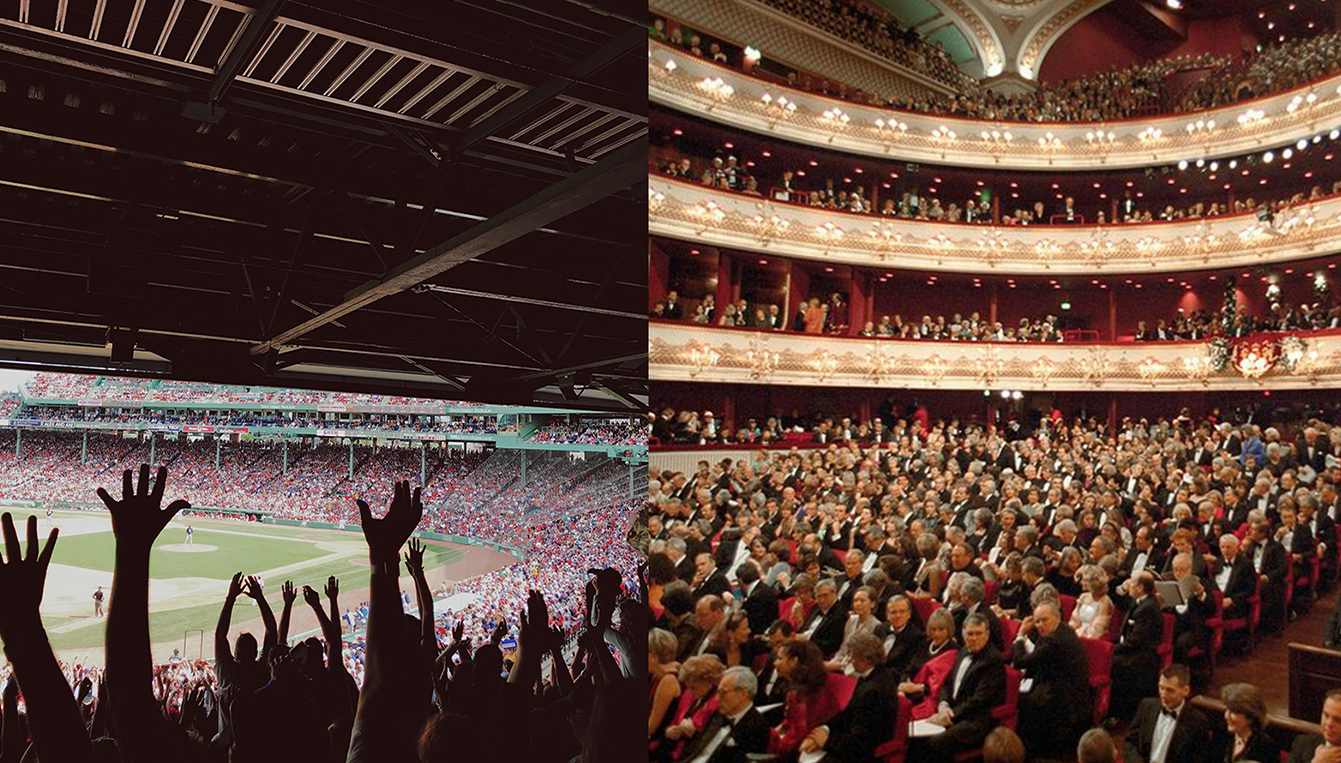
I’m a baseball fan. I’ll watch a game or two a week on TV during the season and go to a couple of games a year. I keep track of the players on my favorite team (Red Sox, of course) and their playoff prospects. I know who’s pitching and whether that’s likely to be good news or bad. It’s a game of repetition and routine, and yet it’s full of surprises.
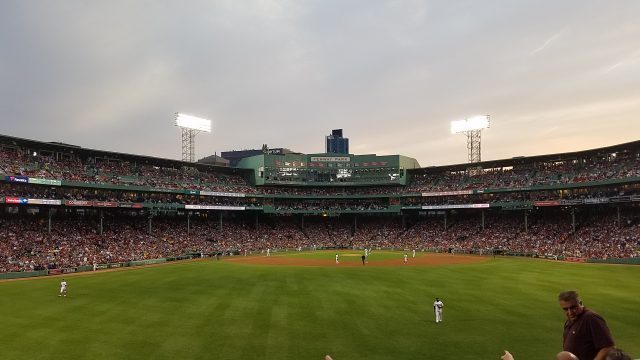
I also love opera. It’s the pinnacle of artistic performance, combining acting, movement, music, lyricism, and incredibly athletic feats of vocal strength. I’m still working my way through the canon, but I have my favorite operas and favorite singers, both current and historic. The form is thoroughly established, yet old works can still thrill, and new works can shock and delight.
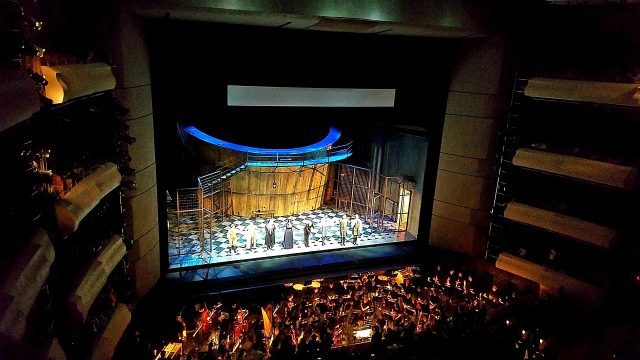
In both cases, seeing the real thing in person — at the ballpark or the opera house — is a special treat, a financial splurge, and a logistical effort. And so, we most often content ourselves with the next best thing: seeing it on screen. For baseball, this can mean sitting on the couch in front of the TV or heading to a local bar with big screens and an appropriate social environment. For opera, the living room TV is a fine option, but even better is the live simulcast at the cinema.
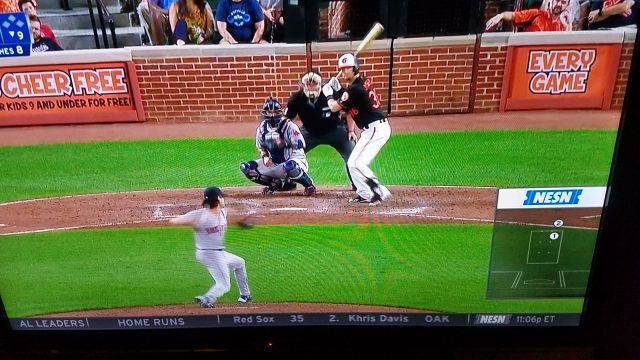
Opera in a movie theater, does that work? Well, yeah, it does. Sort of. But it’s not like going to the opera house, it’s more like going to a bar to watch a baseball game. You’ve got a comfortable chair, appropriate food and drink, and convenience. The picture and sound are also great, and they are presented similarly to professional sports on TV: mostly shot in close-up, and with clear upfront sound of the principal singers and important musical cues. In fact, if your main interest is to hear every word and vocal gesture and see the facial acting of the principals, the cinema beats the opera house every time.
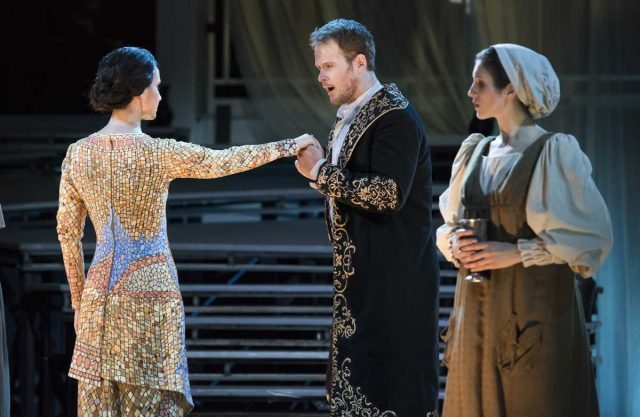
So why go to the opera house at all? For one thing, the experience of dressing up (if you want to) and sitting in a big, beautiful room with thousands of like-minded enthusiasts is exciting. But apart from that, being there is the only way to experience the scale and power of the human performance. The incredible coordination of, sometimes hundreds, of performers and many more technical staff members, is amazing. The physical power of the singers who, unaided by technology, fill the hall with ear-crackling beauty is astonishing. Indeed, the definition of a great opera singer is the ability to sing over or through a dense orchestration, to reach the back row of the highest balcony, and to do it with focused musicality and fiery emotion. Even many of the best cannot always deliver this, and each performance is, therefore, a unique achievement, both musical and physical. There’s no substitute for seeing and hearing it live, right in front of you.
Kinda like baseball. In the ballpark, you may not be able to call balls and strikes from your seat in the bleachers, and you probably can’t read the catcher’s signs to the pitcher, but you can feel the focused power of the bat hitting the ball, the length of the throw from the outfield, the speed and the dust of the runner sliding into second base.
If you love baseball or opera the way I do, you’ve got to experience it both ways.